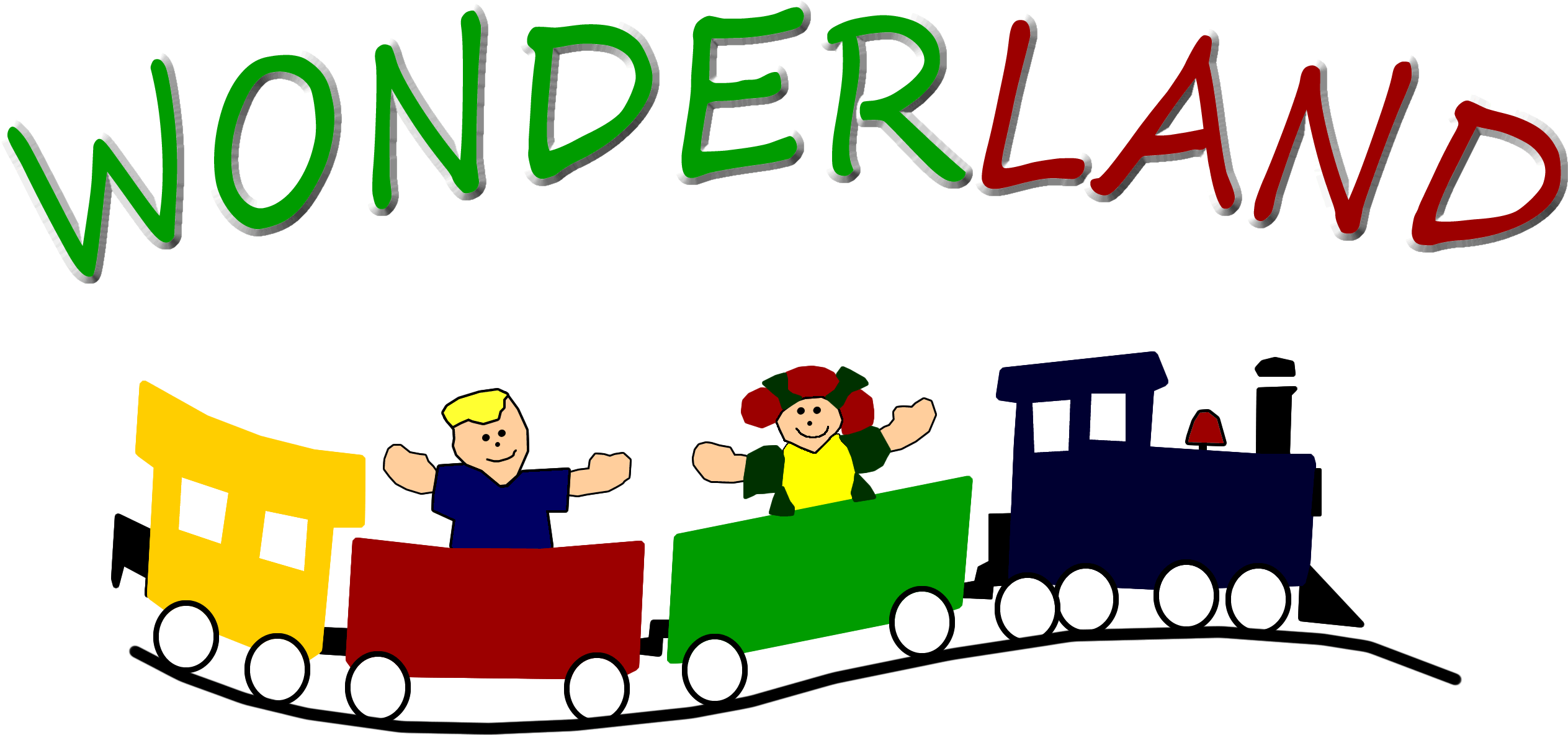

About Us
We decided to conduct a worldwide study of the industry to determine which areas needed attention and investment in order to improve the quality of education and life. Our study concluded that the segment of early childhood education for children through the age of six is one where we can create a positive impact on the future of our society. It is during this critical period that children learn the fundamental pillars that will allow them to be successful in their future educational and professional endeavors. Moreover, this study provided us with our philosophical inspirations.

Our Philosophy
Our philosophy is to be carried out by emphasizing the child’s abilities, competence, and natural aptitude, developing and fostering the child in ways that encourage the development of new and inherent talents. These new-found abilities will in turn allow the child to embark on and prosper in life with confidence and skill, especially in his or her future educational endeavors. In addition, learning takes place through positive relationships and caring adults.
This philosophy holds that children have a right to high quality education, with the support of parents, teachers, and the community, children will build their learning and development with
determination and enthusiasm while learning how to discover knowledge and improve their communication skills as they plan and make decisions in small groups. They will become prepared to successfully excel in their lives as well as in their elementary, middle, high school,and university education, on which their future success will so greatly depend.
Who is the child?
We believe that each child is born with innumerable qualities and values, such as being competent, powerful, curious, creative, cooperative, sincere, loyal, confident, social, and multi-lingual.
Respect for these values is the highlight of our schools' identity.

The role of the teacher
Our highly-prepared teachers take on the role of co-learners, observers, facilitators, and researchers as they participate in the children’s active exploration of their learning environment. Each teacher performs different duties in the class, which include asking questions, taking notes, recording the children’s conversations, observing, listening, and taking photographs.
All of these duties serve as a powerful source of documentation that will make the learning experiences children live throughout their early childhood years visible. Teachers will provide endless encouragement in every class to help foster the children’s curiosity to go forth on their own. Under their guidance, children will learn from each of the distinct “fields of knowledge,” which include mathematics, science, language, social studies, art, music, and literature. This stimulation will in turn lead to events in the child’s daily life, which will put him or her on the path toward lifelong communication skills and confidence.
The Importance of Relationships
Relationships are at the heart of the child’s learning experience. They affect almost every aspect of a child’s development-intellectual, physical, social, emotional, behavioral, and moral. Stable, quality relationships during the early years are fundamental for later developmental outcomes. Our environment promotes healthy relationships as collaboration and cooperation takes place every day among students, teachers, and parents.

Testimonial
"We feel so lucky to have found Wonderland Preschool. For the past 5 years they have provided our 2 children with a fun, learning and loving environment. Wonderland Preschool did an excellent job preparing our now kindergartner for full day school. The curriculum gave him a great head start and made the adjustment to all day school easy. Thank you!"
Kellie Hoerniein


How does Learning Take Place?
Projects begin with children observing and asking questions about subjects of interest. Based on the children's answers, teachers -in collaboration with parents- then present materials, questions, and opportunities that provoke children to further explore the topic. While some of these provocations are anticipated, projects often move in unanticipated directions. Throughout these projects, children will gain valuable lifelong skills and experience in a broad range of fields, including science, mathematics, art, writing, language, music, and social studies.
How do Parents participate in the Life of Our School?
Parents are a crucial factor in our program. Our school is in agreement that parents should be partners, collaborators, and supporters for their children, and we strongly encourage their participation in our programs. In addition, our teachers respect that parents are their children’s first teacher.